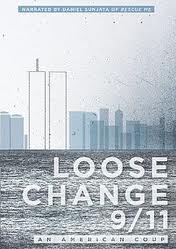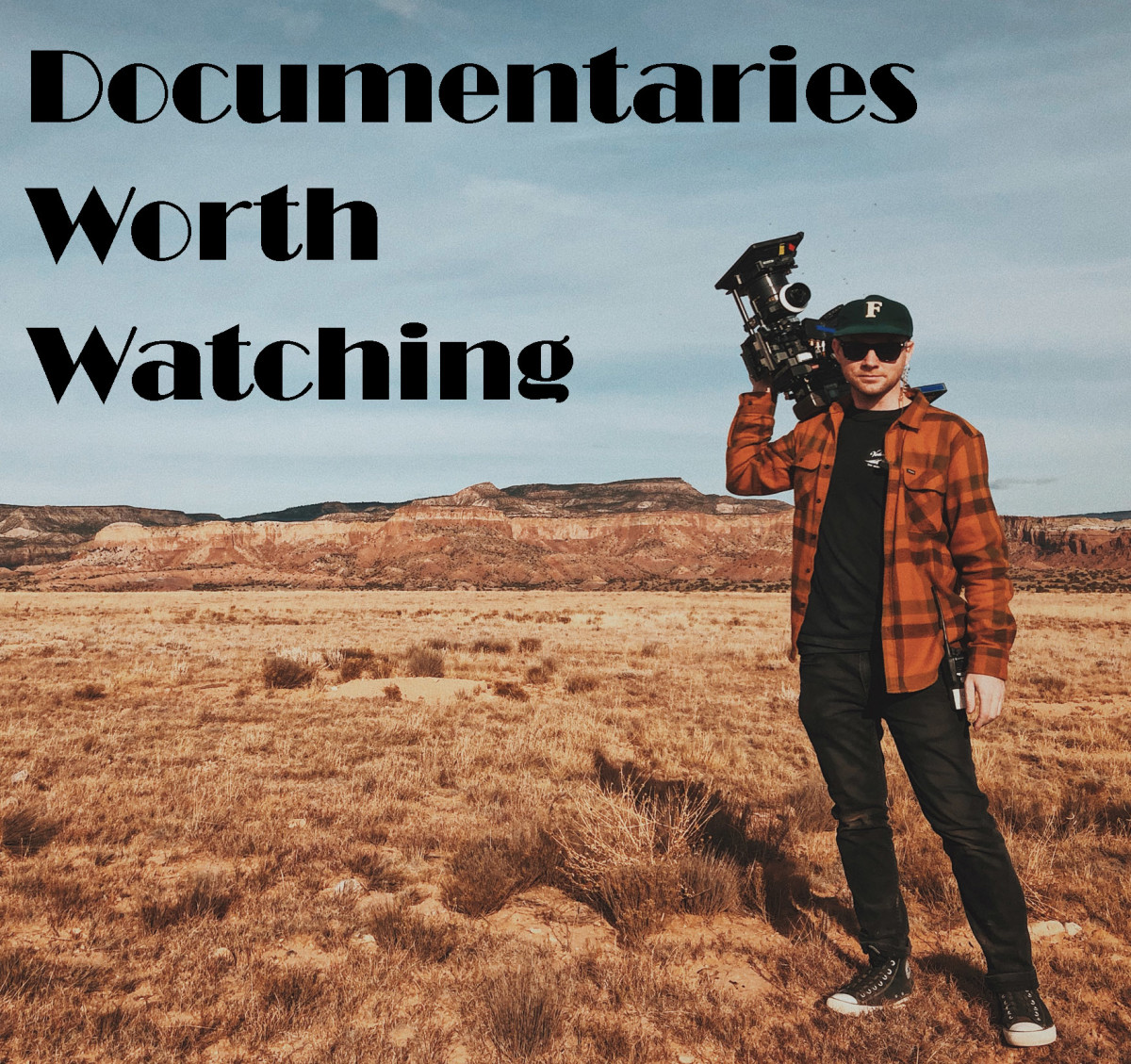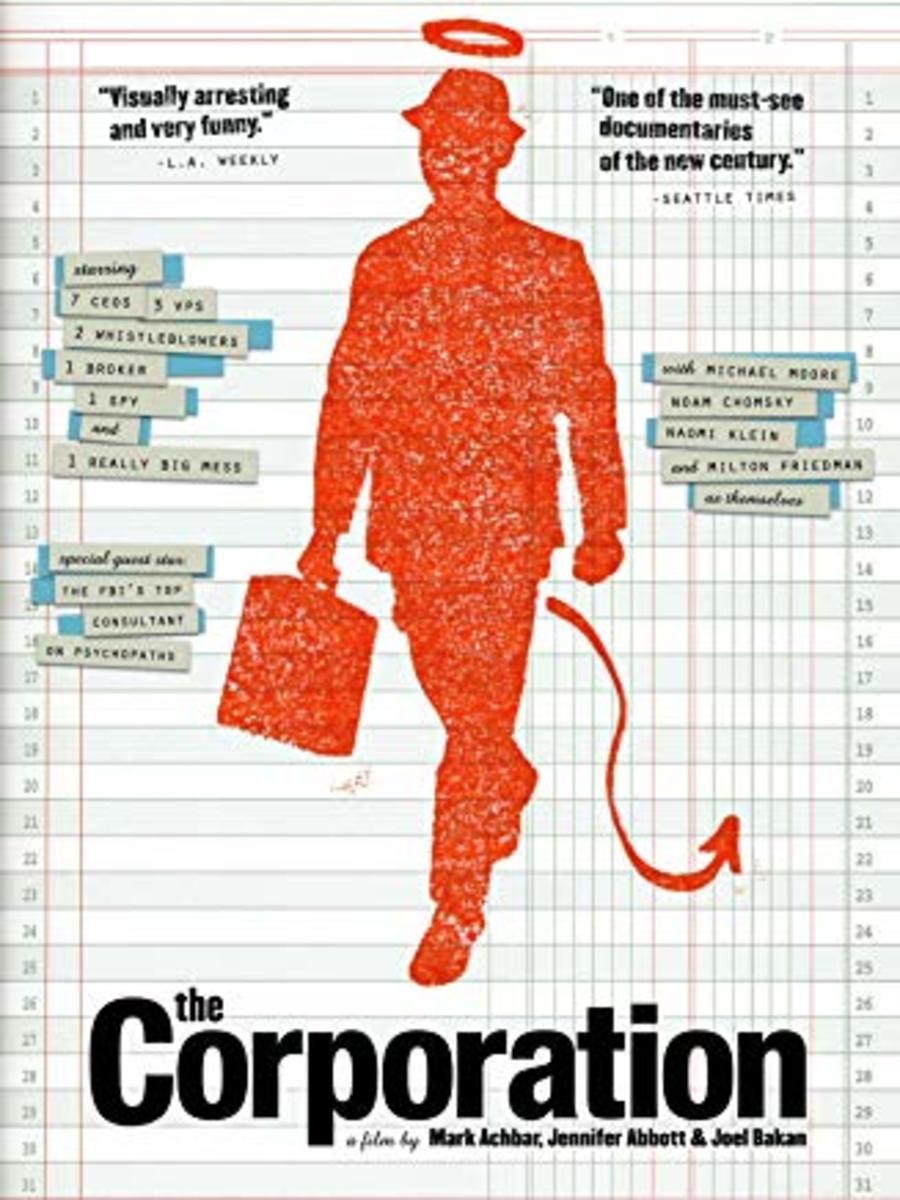Documentaries portraying reality


Is it possible for documentary film to objectively capture reality?
Documentaries have been recognized throughout history for having such a huge impact on cultural meanings. They are made to document reality and it is a type of filmmaking that has often led to much controversy. The word documentary was first created by John Grierson, a documentarian for the ‘New York Sun’,[1] in 1926 but documentary film has existed since the birth of the motion picture, in fact most of the first films recorded were documentaries as they shot real people on actual sets. Greirson believed that films potential for observing life could be exploited as a new art form. His thought was you could only accurately portray life by capturing real life with original actors and scenes.
This form of filmmaking began with the Lumière Brothers. An early film of theirs, ‘La Place des Cordeliers a Lyon’ captured an unstaged scene on a street. Documentaries are made on real sets, with real people doing real things, but there are also documentaries on issues like technology, money, animals, history, crime, global warming and conspiracy theories. Some documentaries were made for propaganda purposes like Hitler and Leni Reifenstahl‘s ‘Triumph of the will[2]’ which portrayed Hitler as a hero. Over the past 100 years, capturing reality for documentaries has changed drastically. Progress in technology and method has resulted in a range of documentary styles.
One such style is the Cinema Verite tradition. Cinema Verite didn’t follow the usual documenting techniques, such as planning, interviewing and re-enactments. They were made using handheld cameras and they had no narration. It may have begun as a rebellion against propaganda films and caused much controversy over the subjects of the films and because it’s followers criticized the previous method of documentary filmmaking.
‘Salesman’ is a Cinema Verite documentary film made by brothers Albert and David Maysles in 1969. It is a documentary that follows four salesmen as they go door-to-door selling expensive bibles in low-income areas of New England and Florida. The film’s focal point is the struggles of one particular salesman: Paul Brennan, who finds it difficult to make sales. Focusing on Paul and showing his failure to make sales reveals his humanity and sets him apart from the other characters. When first released, a film critic for the New York Times, Vincent Canby wrote “... [The] feature about four door-to-door Bible salesmen who move horizontally through the capitalistic dream. It's such a fine, pure picture of a small section of American life that I can't imagine its ever seeming irrelevant, either as a social document or as one of the best examples of what's called cinema vérite or direct cinema...It is fact, photographed and recorded with extraordinarily mobile camera and sound equipment, and then edited and carefully shaped into a kind of cinematic mural of faces, words, motel rooms, parlours, kitchens, streets, television images, radio music—even weather”[3].
Documentary films utilize fictional techniques such as editing, scripted narration, manipulated audio and staged shots but how can a film like ‘Salesman’ which uses fictional techniques objectively capture reality and truth? ‘Salesmen’ has no narration but it does have a scene where one of Paul’s monologues is used as a narration. Also in a scene where Paul is driving and speaking about the other salesmen, the shot goes to each of the people he is talking about as he is describing them. This type of editing clarifies and portrays the men from Paul’s point of view thus portraying manipulated opinions as ‘truth’. Another aspect of the film that portrays ‘truth’ fictionally is when Paul is sitting on a train on his way back from a conference. It is impossible for us to know what he is thinking at that point but the film suggests he is thinking of the conference. This is selective and manipulated editing and some do not consider this technique as legitimate when depicting reality. In ‘Salesmen’ reality is filtered by the filmmakers by using selective editing and it is because of this reason that it does not objectively capture reality.
There are many documentaries on conspiracy theories such as the 911 attack on the Twin Towers in New York and on the ‘New World Order’. One in particular is ‘Loose Change’. In this series of documentary films, Dylan Avery (Director) argues that the attack on the Twin Towers and also the Pentagon were planned and conducted by something inside the United States government. The first film was edited numerous times to tighten the focal point on particular vital areas. This undeniably does not represent truth as it is blatantly blaming the U.S. Government and doesn’t consider that it could have been a genuine terrorist attack. In questioning the plausibility of the attack on the pentagon and focusing the blame on the U.S. Government, its information was biased and subjective.
Other documentary films that contain the same biased portrayals of ‘reality’ are ‘911 Ripple effect: Lies, Propaganda and A call for Justice[4]’ and ‘Zero: An investigation into 911’[5]. Both of these depict ‘reality’ from one viewpoint and with one aim in mind: to convince the world the blame is one-sided. Some 911 documentaries contain re-enactments which are never completely factual. This is because they are re-enacting meetings and encounters with people very high up on the political ladder such as past and present Presidents of the United States. Obviously these gatherings are highly secret and guarded therefore no regular person would know exactly what happened and exactly what words were said. So the re-enactments are never word for word correct. Also since the film is edited by people, the editing choices have points of view and the chosen pieces that make the final cut are chosen because they represent that particular point of view. Another aspect of documentaries, such as the ones mentioned above, is the information itself. Some theories are so incredibly outrageous that it’s hard not to believe it, bringing the saying “You just can’t make this stuff up” to mind.
Another Documentary with the same aim is Al Gore’s ‘An Inconvenient Truth’ released in 2006. Directed by Davis Guggenheim the film shows the former Vice-President’s campaign about global warming. In it he uses a slide show presentation to raise public awareness of climate change and the effect of Global Warming on our planet. In it Gore says “"I've been trying to tell this story for a long time and I feel as if I've failed to get the message across."[6] With graphs, video footage of him on his journey and allegedly factual information people accept his views as reality. There have been many scientists and researchers that disproved Gore’s study. Their opinion is that Global Warming is a myth and, like evolution, just a theory. They believe there is not enough proof to determine whether it is actually an existing threat. Bob Carter, a professor at James Cook University of Australia said “Gore's circumstantial arguments are so weak that they are pathetic. It is simply incredible that they, and his film, are commanding public attention."[7]
Although ‘An Inconvenient Truth’s’ aim is to convince people that global is a reality, Gore does briefly speak about the opposition. This gives the impression of being an un-biased documentary but the fact remains that Gore’s plan is to persuade people that they are wrong and he is right therefore not capturing reality objectively. The fact that the film has received awards such as an Academy Award for both best Original Song and Best documentary Feature just increased the illusion of it being completely factual and truthful.
There are however some Documentary films that do capture reality impartially. One such film is ‘March of the Penguins[8]’ by Director Luc Jacquet. The film follows the penguins in there day to day life revealing their true nature and habits. It uses real footage of penguins and because they cannot possibly act different knowing that there’s cameras recording them it does capture the reality of penguins neutrally. Another reason they can do that is because the film was made purely to learn about the penguins and not to persuade the audience of anything. Their aim is simply to study the creatures.
This is usually the case when it comes to documentaries about animals and other earthly interests. It is hard to make biased documentaries about plants for instance because the plants cannot speculate to anything, they can only live and be recorded as they are. The same cannot be said of documentaries about history and propaganda however. Obviously we never have perfectly correct information about the past because a lot of it can be changed through the years through rumours and here say. Even with documented evidence, it is hard to know if the whole truth was being recorded. Propaganda is the same as its aim is to ‘reveal’ something a certain way to create a particular opinion.
Documentaries have been around since the beginning of motion picture films. It has changed throughout the years due to technological advancements and editing improvements. With these innovative methods of filmmaking, what was supposed to be documented reality has become a means of persuasion and propaganda. The films began to be made for purposes beyond learning and understanding, they were made to brainwash and implant certain ideologies in the audiences mind. Creating dramatic documents by cutting out the ‘unimportant’ pieces produces films that are biased and often misleading. Using the information in incorrect contexts and twisting words to mean something particular is a very easy way of making a certain point mean something completely different. Documentaries on conspiracy theories and terrorist attacks like ‘Loose change’ have one point of view and are completely biased. This is because they are trying to prove something and not look at all the evidence. Documentaries employ lies to facilitate the ‘truth’. Footage and audio is edited to a certain time frame, with emphasis on dramatic arrangement. Also documentaries such as ‘An Inconvenient Truth’ only really represent the filmmaker’s perspective, so they are in no way impartial. In order for a documentary to be unprejudiced, it could not have one-sided information, it would have to show all of the information on the subject.
It is safe to say that documentaries on animals and plants usually present the truth because they are made for purely educational purposes. Another reason it is safe to assume they are accurate is because animals and plants cannot lie, bend the truth, exaggerate, change their habits or have any opinions in front of the camera so the footage is real. So, is it possible for a documentary film to objectively capture reality? The answer is yes, it depends on what the nature of the documentary is however.
Filmography
Avery. Dylan, (2005) Loose Change
Guggenheim. Davis, (2006) An Inconvenient Truth
Jacquet. Luc, March of the Penguins, 2005
Lumiere, (), La Place des Cordeliers a Lyon,
Maysles. Albert and David, (1969) Salesmen.
Reifenstahl. Leni, (), Triumph of Will,
Zero: An investigation into 911
911 Ripple effect: Lies, Propaganda and A call for Justice
references:
[1] Grierson. John (The Moviegoer), New York Sun, 8th February 1926
[2]Reifenstahl. Leni, Triumph Des Willens, 1935
1 Canby, Vincent. The New York Times, film review, April 18, 1969.
[4] Lewis. William, The ripple effect: Lies, propaganda and a Call for Justice, 2007
[5]Fracassi. Franco, Zero: An Investigation into 911, 2008
[6] Gore. Al, Guggenheim. Davis, An Inconvenient Truth, 2006
[7] Harris. Tom, Canada Free Press, Scientists respond to Gore’s warnings of Climate Catastrophe, 12 June 2006
[8] Jacquet. Luc, March of the Penguins, 2005





